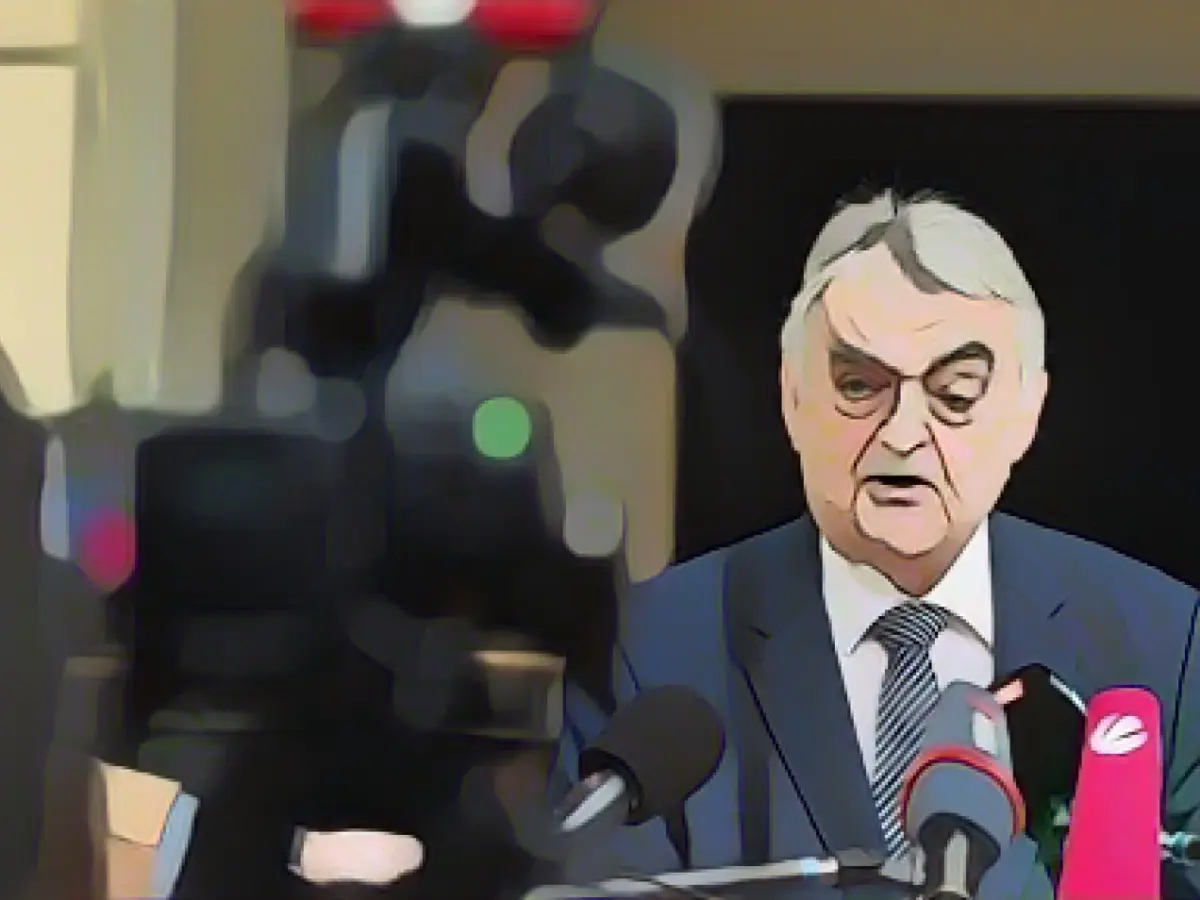The North Rhine-Westphalian Office for the Protection of the Constitution has flagged the Young Alternative (JA), the youth organization of the Alternative for Germany (AfD), in their region as a potentially right-wing extremist group. Interior Minister Herbert Reul (CDU) declared this on a recent Tuesday, suggesting that the JA in North Rhine-Westphalia (NRW) flouts democratic norms, favoring their own set of extremist principles instead.
Since 2019, JA NRW has aligned itself with the political course of the federal JA, which Reul highlighted as being characterized by a "national-ethnic understanding of the people and xenophobia." JA NRW also advocates positions that infringe upon human dignity guarantees, especially with a focus on excluding and disparaging those with a migration background and Muslims.
Over the past few years, JA NRW has become a key component of the New Right's right-wing extremist movement, according to Reul. They promote organizations such as the Identitarian Movement and its successor groups like "Lukreta," "Revolte Rheinland," "1 Prozent," and the "Institut für Staatspolitik" on social media.
Moreover, JA NRW acts as a platform for New Right personalities with right-wing extremist backgrounds. Even their proximity to the formally dissolved, so-called far-right wing of the AfD federal party, led by Björn Höcke, further raises concerns.
In cases suspected of anti-constitutional aspirations, the Office for the Protection of the Constitution may evaluate, store personal data, and utilize intelligence service means, such as surveillance or recruiting informants, under specific conditions.
A dispute is currently underway at the Münster Higher Administrative Court between the AfD federal party and the Federal Office for the Protection of the Constitution. The federal association of the AfD is contesting a ruling that classified the party as a suspected right-wing extremist, while the Junge Alternative no longer wants to be categorized as such.
Government surveillance of extremist groups like the AfD and JA has been a contentious issue, with the AfD arguing that such monitoring aims to hurt their political prospects. Meanwhile, the government maintains that it is vital to monitor potential threats to democracy.
In recent years, Germany's political landscape has faced escalating tensions and debates due to extreme groups such as the AfD, with many Germans expressing concerns over the party's ideology and potential impact on the country's political landscape. Controversies have deepened societal divisions in Germany, with many vehemently opposing the AfD's ideology, viewing it as a threat to democratic values and social cohesion.








